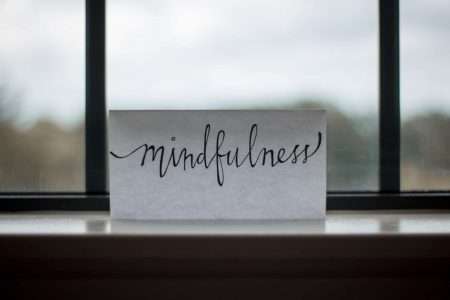Naltrexone is an opioid antagonist. That means it binds to opioid receptors in the brain and prevents opioid drugs from relieving pain or causing euphoria. It binds so strongly that if you take naltrexone while there are opioids in your system, you will immediately go into withdrawal.
Naltrexone has also been shown to reduce alcohol consumption. Just as it blocks the euphoria of opioids, naltrexone takes the pleasure out of drinking. You can drink all you want and never enjoy it. You still get the impaired coordination, the slurred speech, and all the other effects of alcohol, but it’s just no fun.
The strategy is to remove the incentive to drink. This is slightly different from another drug intended to help people stop drinking. Antabuse, or disulfiram, is a drug that makes you sick if you try to drink. It inhibits alcohol metabolism in the liver so that you are essentially poisoned by a byproduct of alcohol called acetaldehyde. This causes headache, nausea, vomiting, confusion, and chest pain, among other symptoms. While naltrexone removes the reward of drinking, disulfiram actively punishes you for drinking.
Studies have shown that both of these are moderately effective. It’s perhaps not surprising that disulfiram is slightly better at reducing drinking. Not only does it impose harsher consequences, but it stays in your system longer. If you decide to relapse, you have to wait about two weeks for the disulfiram to leave your system–plenty of time to change your mind.
An approach called the Sinclair Method has shown promise using naltrexone to extinguish the desire for alcohol. Instead of trying to stay abstinent, someone using the Sinclair Method takes a dose of naltrexone an hour before drinking whenever she drinks. Gradually, she unlearns the craving for alcohol because drinking is never pleasurable.
The Sinclair Method is controversial. 12-step advocates especially dislike it. They point out, fairly, that the only thing standing between an alcoholic and a full blown relapse is his willingness to take a pill before he drinks. That is a flimsy barrier. So far, the monthly injectable form of naltrexone, Vivitrol, has not been tested with the Sinclair Method.
Neither drug on its own appears to be effective for abstinence, but both appear to reduce drinking. 12-step advocates also take issue with relying on a drug for sobriety. Not everyone takes this view, especially since neither drug has any psychoactive effects, but there is a common belief that if you take anything, you aren’t sober.
Smarmore Castle Private Clinic in County Louth, near Dublin was founded in 1988 as a residential rehabilitation hospital treating people suffering from drug and alcohol purposes. Smarmore Castle believes in helping patients lead a life of abstinence through 12 Step programmes, detox and medical treatment, psychotherapy, and complementary therapies. For more information, please call 041-214-5111. For those who live out of the country, the international number is 00353-41-214-5111.


